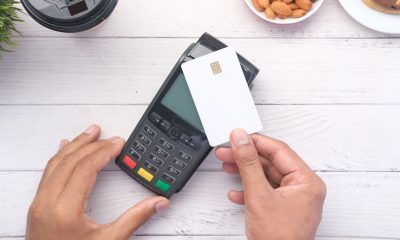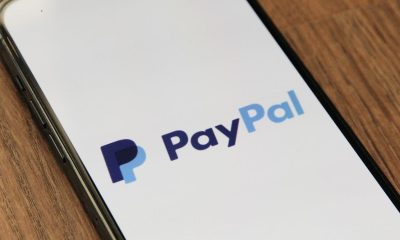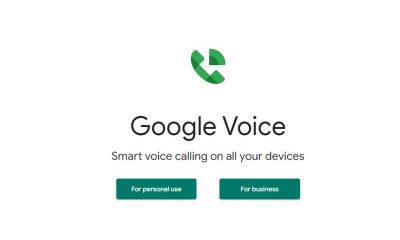dating
Grindr sugar daddy scam: What is it and how to avoid it in 2022?

Scammers can be found on different dating apps, including Grindr.
One of the common scams is the Sugar daddy scam. We will be sharing everything you need to know about the Grindr sugar daddy scam and how to avoid it.
Sugar daddy scam
The sugar daddy scheme is not your average scam. It happens slowly over time. A person pretends to be elderly, poses a relationship, and claims to lavish gifts and money on you, in exchange for your company.
There have several reports of this scam on social media and several dating apps.
Grindr sugar daddy scam
The scam begins with a random DM from someone on the dating app Grindr. The scammer tries to lure you away from the dating app and onto WhatsApp or Hangout to gain your trust and eventually become a friend/lover.
They will keep mentioning how rich they are, and you will begin to believe them.
The sugar daddy scammer attempts to obtain as much information about the person as possible, particularly their financial situation. Finally, they offer to pay off your credit card debt as a gesture of goodwill. They will, of course, require your bank account information in order to transfer the funds. They use a fraudulent account to transfer funds into your account and pay off your debt once they have that.
That’s when the real con starts. Fake checks and advance fee scams are common sugar daddy scams.
You can be asked to buy gift cards in various forms, such as iTunes and Google Play cards.
Fake checks and advance fee scam
In a fake check scam, the sugar daddy sends you a check by email or phone and asks you to deposit a check through mobile deposit — sometimes for several thousand dollars, and usually for more than you and the sugar daddy agreed on — and transfer some of the money to another person or account. Scammers always have a good excuse for why you can’t keep all of the money.
Fake checks come in a variety of shapes and sizes. They may resemble business or personal checks, cashier’s checks, money orders, or electronic checks.
NOTE THAT: The bank may say the check has “cleared” when the funds are made available in your account, but that doesn’t mean it’s a good check. Fake checks can take weeks to detect and untangle. By that point, the scammer has your money, and you’re stuck paying it back to the bank.
After the money is sent, the scammer vanishes.
How to avoid the Grindr sugar daddy scam
The following characteristics, when combined, may indicate that you are dealing with a scammer.
Does he:
- Use odd phrases or strange formatting in the conversation.
- Offer to send you more money than you are asking for? This is known as an overpayment scam.
- Say they are a traveling businessperson, an oceanographer, out of the country, and want to start providing for you before you meet or away at sea.
- Insist you reply via a personal email address or of the Grindr dating app. This is questionable.
- Seem to not have read or looked at your profile, based on their vague questions.
- Insist on sending you a check, your bank login information, your credit card login information, or offers you their bank account information to pay off debt, etc.
- Asks you to send some of the money to someone else. An employee, charity, etc before the money has cleared.
- Asks you to purchase gift cards and give him/her the code on the back before the money has cleared.
- Wants to put you on his/her payroll.
In the case of a PayPal payment, the scammer will either send a bogus PayPal confirmation email or pay with a forged payment method. Whether you return the “overpayment” via PayPal or a wire transfer service like Western Union or Money Gram, you will be held liable for the entire amount.
Remember: Money sent back to a scammer is money that is lost forever.
Are you already speaking with a scammer?
You should do this if you notice you have been speaking with a scammer or becoming a victim of the Grindr sugar daddy scam.
- Report the account messaging you.
- If you’ve already shared your personal login information, contact your bank right away and inform them that you believe your account has been compromised. Follow their security procedures to keep your account safe.
- If you’ve already sent money or gift cards, you can still contact your bank, but you’re out of luck. Even if it was an empty account set up specifically for this purpose, you will owe the money spent. You may also have your accounts closed for fraudulent activity or owe additional fees.
- If the scammer detects your reluctance, he or she may begin sending you messages threatening legal action if you do not return their money. This is just one of the many reasons why you should simply block all scammer messages so you don’t panic and do something stupid. You do not have their money and should not send anything to them.
Have you been a victim of the scam? Share your experience in the comment section below.












